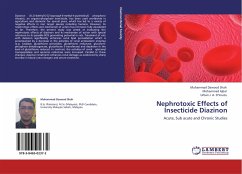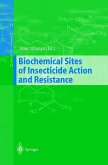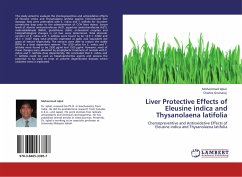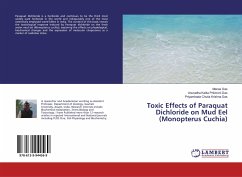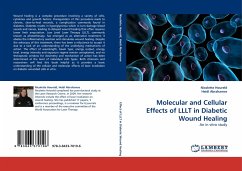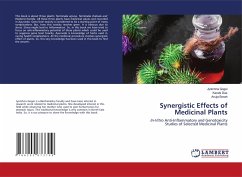Diazinon (O,O-diethyl-O-[2-isopropyl-6-methyl-4-pyrimidinyl] phosphoro thioate), an organo-phosphate insecticide, has been used worldwide in agriculture and domestic for several years, which has led to a variety of negative effects in non target species including humans. However, its nephrotoxic effects and mechanism of action has not been fully elucidated so far. Therefore, the present study was aimed at evaluating the nephrotoxic effects of diazinon and its mechanism of action with special reference to its possible ROS generating potential in rats. Treatment of rats with diazinon signi cantly enhances renal lipid peroxidation which is accompanied by a decrease in the activities of renal antioxidant enzymes (e.g. catalase, glutathione peroxidise, glutathione reductase, glucose-6-phosphate dehydrogenase, glutathione S-transferase) and depletion in the level of glutathione reduced. In contrast, the activities of renal -glutamyl transpeptidase and quinone reductase were increased. Parallel to these changes, diazinon treatment enhances renal damage as evidenced by sharp increase in blood urea nitrogen and serum creatinine.
Bitte wählen Sie Ihr Anliegen aus.
Rechnungen
Retourenschein anfordern
Bestellstatus
Storno

